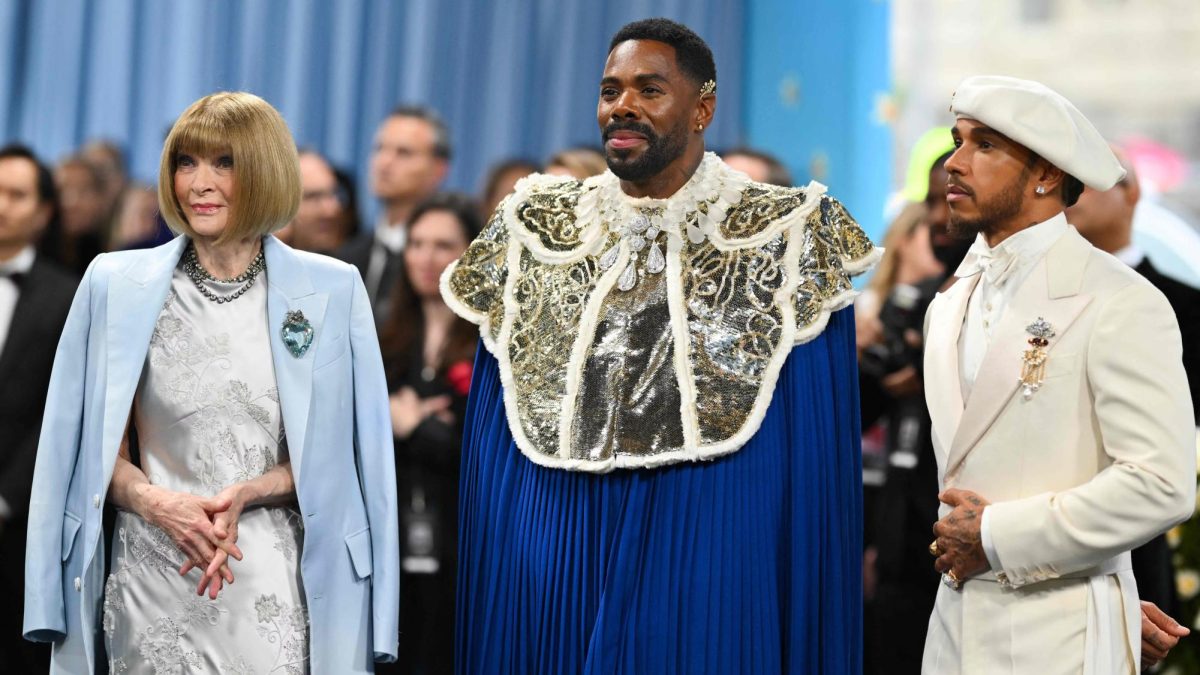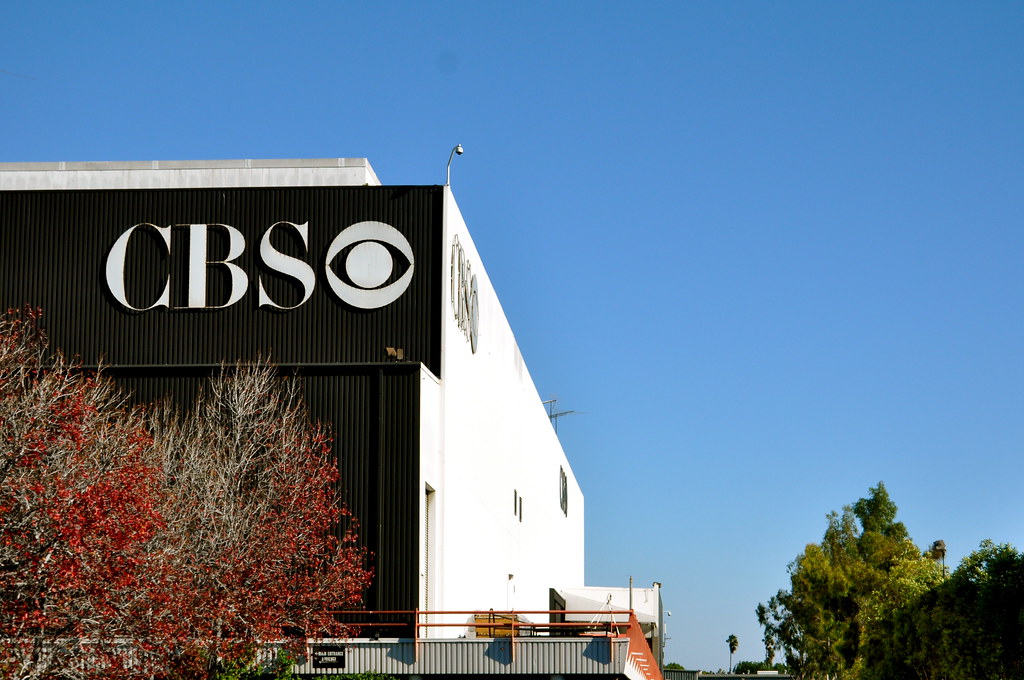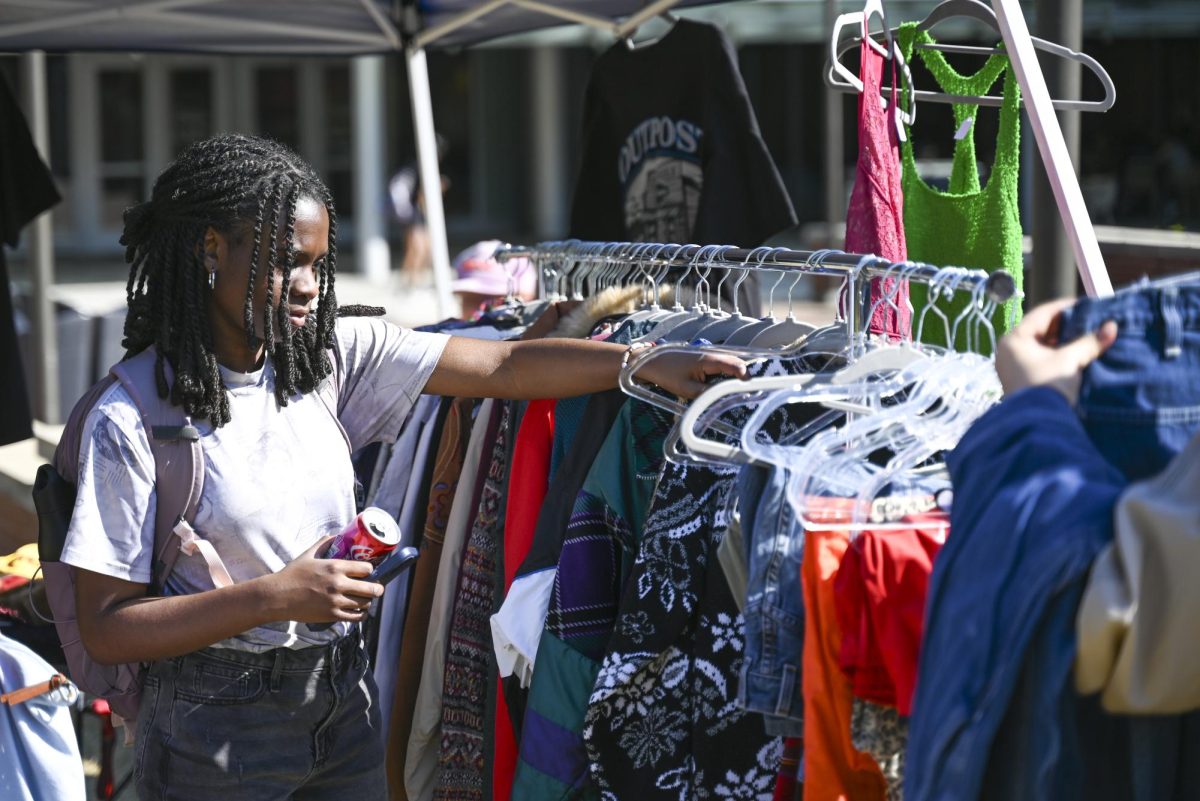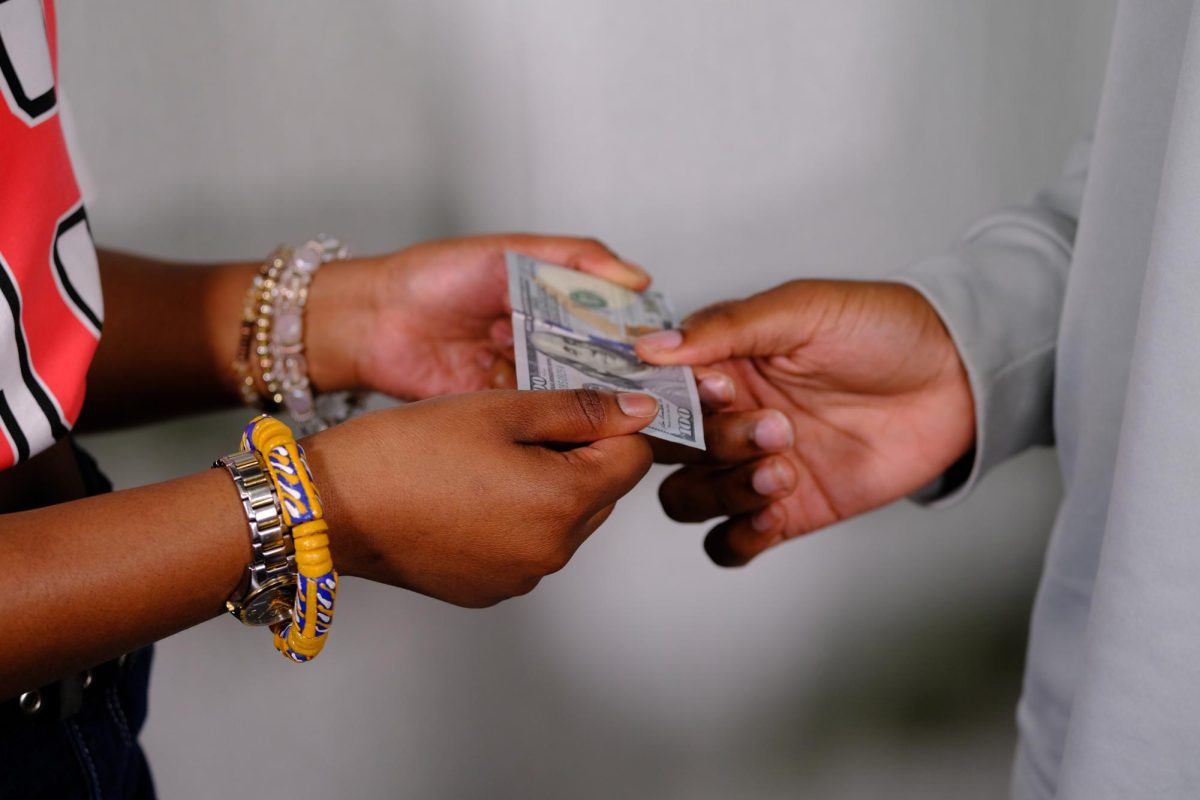Many can say that Africa was robbed of its potential. Colonialism is a plague that infected Africa, and many of its symptoms are felt today. South Africa, a country whose history with colonialism, apartheid and racism (still even today) was engraved with the arrival of the Europeans. These were the factors that sent the country into political, social and economic restraint.
The legal apartheid that started in 1948 has stunted South Africa’s progression. During the apartheid, there were three categories of racial identification: Africans as either Bantu or Black, mixed race individuals as coloured and white. This racial division allowed for the legalization and enforcement of many immoral laws.
Separating the country politically, economically, socially and culturally, further withholding the country’s development. South Africa, compared to the rest of the continent, was already 50 years behind in progress due to the country being split unequally.
South Africa’s apartheid would not be as globally recognized and disapproved of as it is had it not been for Nelson Mandela, the anti-apartheid activist and president. Being the first black president of the country, Mandela was already breaking barriers, but his incarceration aided the resilience of the apartheid. His 18-year sentence served as a reminder both nationally and internationally reminder of the injustice taking place and his resilience is a continued legacy.
It is important to note that almost 80 percent of the South African population are Black Africans. Due to colonization, the white Africans lead and are still leading most if not all of the country’s political affairs hence why racial discrimination is still being swept under the rug.
Now that we know some background of South Africa and its history of colonialism, apartheid and racism, this begs the question: where would South Africa be today? Though most of the rest of Africa is still enduring colonialistic systems, South Africa is by far suffering the most. In regards to the country’s political progress, though the apartheid has ended, the battle for racial justice and equality is still ongoing and will continue as the country’s political voice is only valued when the partisans are white.
Despite the white South Africans only making up 10 percent of the population, their voice speaks for the entire country. In many ways the political progression of South Africa is in the hands of those that believe South Africa is for the whites. And when the power is in the hand of those that only want personal gains and interest, progression is too big of an ask.
From an economic standpoint, South Africa produces 10 percent of the world’s gold. If South Africa had the opportunity to partake in the global production and disturbance of its gold, its economy would skyrocket. Furthermore, the country’s rich resources are not distributed to more than 90 percent of the population, so even if the country was economically advantaged on a global scale, the Black South African and other South Africans civilians would be living in stumbles.
The country is also rich in diversity, with the voices of Black South Africans and other marginalized minorities in South Africa amplified, the country’s social and cultural progression would have been much farther ahead than they are today. The lack of access to education has caused a disproportionate income rate between white South Africans and Black and other South Africans. It is no surprise that a country whose progress has been stunted also has an increased crime rates and declined quality of life.
South Africa, like the rest of Africa, could have achieved so much more on so many levels. It is truly a disservice to the world how much potential South Africa was robbed and put on a pause because of colonialism, racism and the apartheid.
Originally Published 3/9/23







